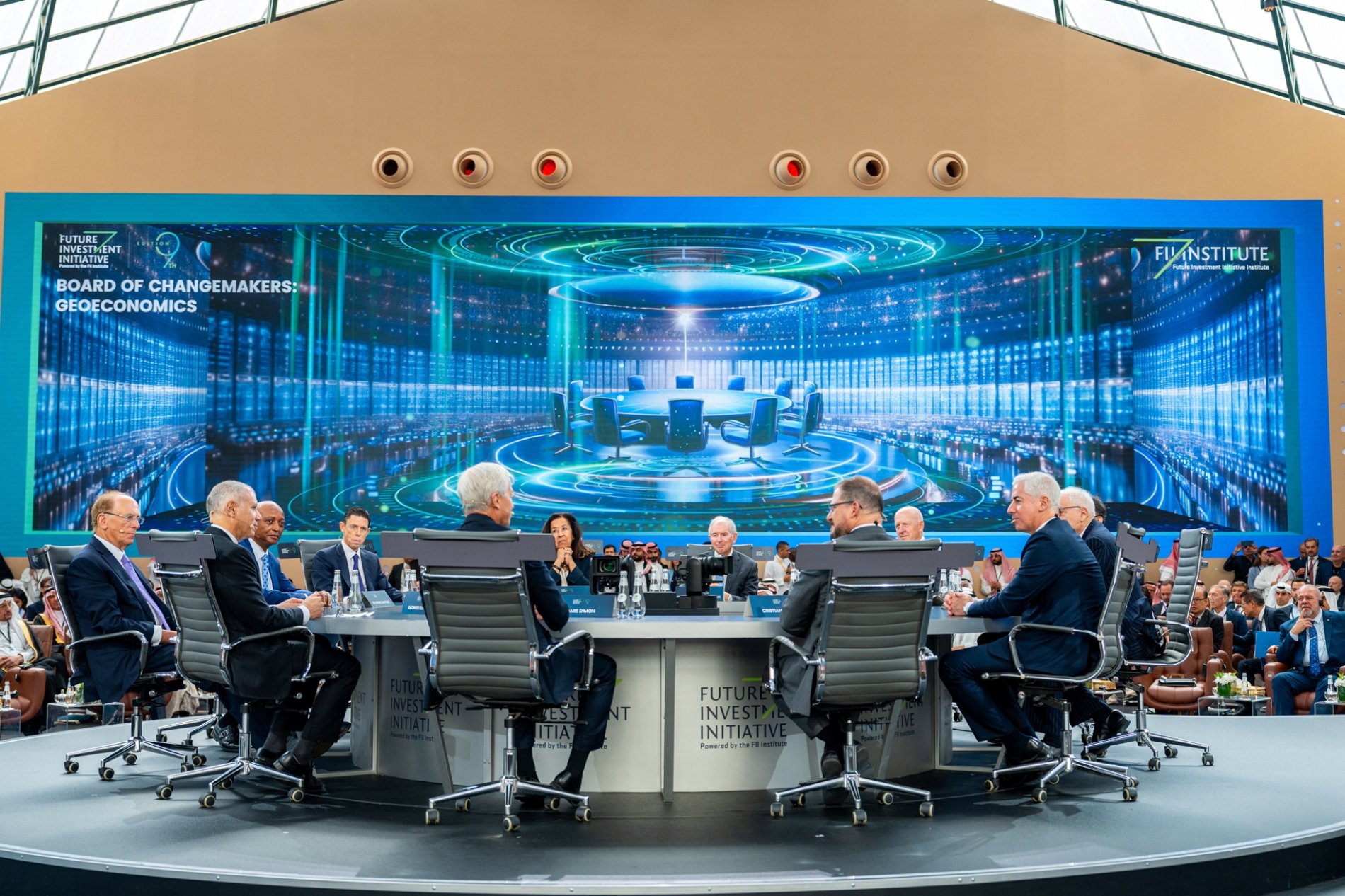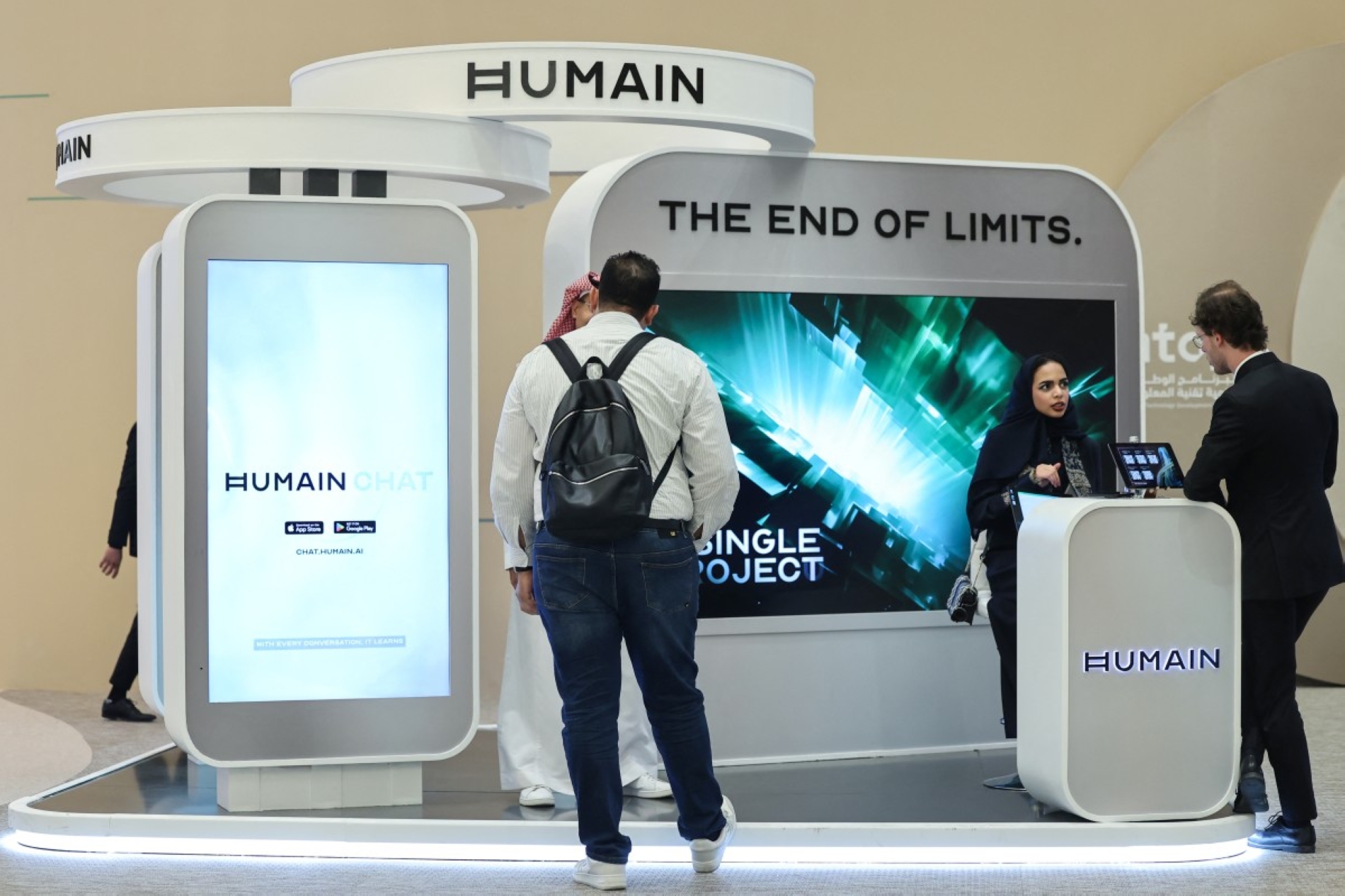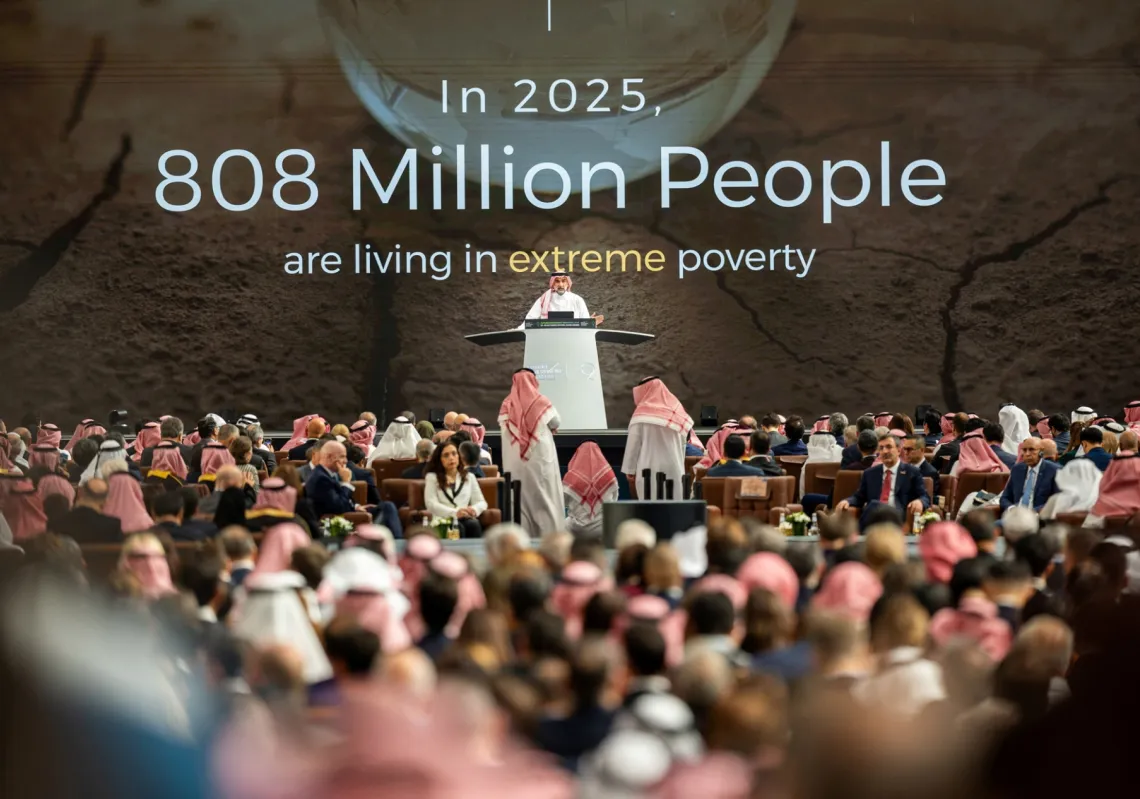Among the thousands of attendees at the ninth Future Investment Initiative (FII9) in Riyadh last month were government officials, corporate bosses, investors, and leaders in the digital economy. Key figures from the technology sector included Ruth Porat, the chief financial officer of Alphabet, along with Snapchat founder Evan Spiegel, and the former chief executive of Google, Eric Schmidt.
The delegates used the space and time in the Saudi capital to examine the pace of digital transformation and emerging investment opportunities in Artificial Intelligence (AI)—a field in which the country is establishing itself as a global centre for innovation, in line with the goals of Vision 2030. This includes supporting pioneering national companies such as HUMAIN, which unveiled new projects in AI and computing power.
Officially launched on 12 May 2025 at the initiative of Crown Prince Mohammed bin Salman, HUMAIN is fully owned by the Public Investment Fund (PIF), which is Saudi Arabia’s sovereign wealth fund. The company is playing a strategic role in advancing and coordinating national initiatives related to data centres, cloud infrastructure, and the acceleration of AI adoption across key sectors such as energy, healthcare, and finance.
A major focus for HUMAIN is the development of an advanced Arabic large language model (LLM), accompanied by an integrated ecosystem designed to help institutions unlock the full capabilities of AI. On 25 August, it launched its AI-powered app, HUMAIN Chat, which is supported by the Arabic-language model, Allam. This is one of the first locally-developed intelligent chat applications offering an interactive experience rooted in a deep understanding of the Arabic language and culture.
HUMAIN signed a series of strategic agreements with big tech firms during the Saudi–US Investment Forum, including a deal with Nvidia to acquire more than 18,000 advanced AI chips to enhance its computing capacity, marking one of the largest technology transactions in the region.

HUMAIN also signed a $10bn agreement with AMD to scale up Saudi Arabia’s AI infrastructure. This will generate 500 megawatts of computing power over five years and establish a next-generation cloud platform.
To strengthen its technological ecosystem, HUMAIN entered a memorandum of understanding with Qualcomm to accelerate the integration of Arabic language models into sectors such as healthcare, public services and industrial automation.
The company also announced a joint initiative with Cisco and AMD to develop a high-performance AI infrastructure. This will support the training and deployment of smart models across Saudi Arabia and serve as the digital foundation for major international events such as Riyadh Expo 2030 and the 2034 FIFA World Cup.













